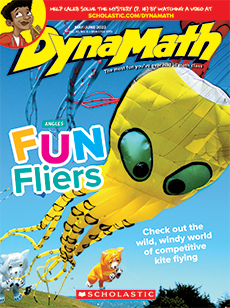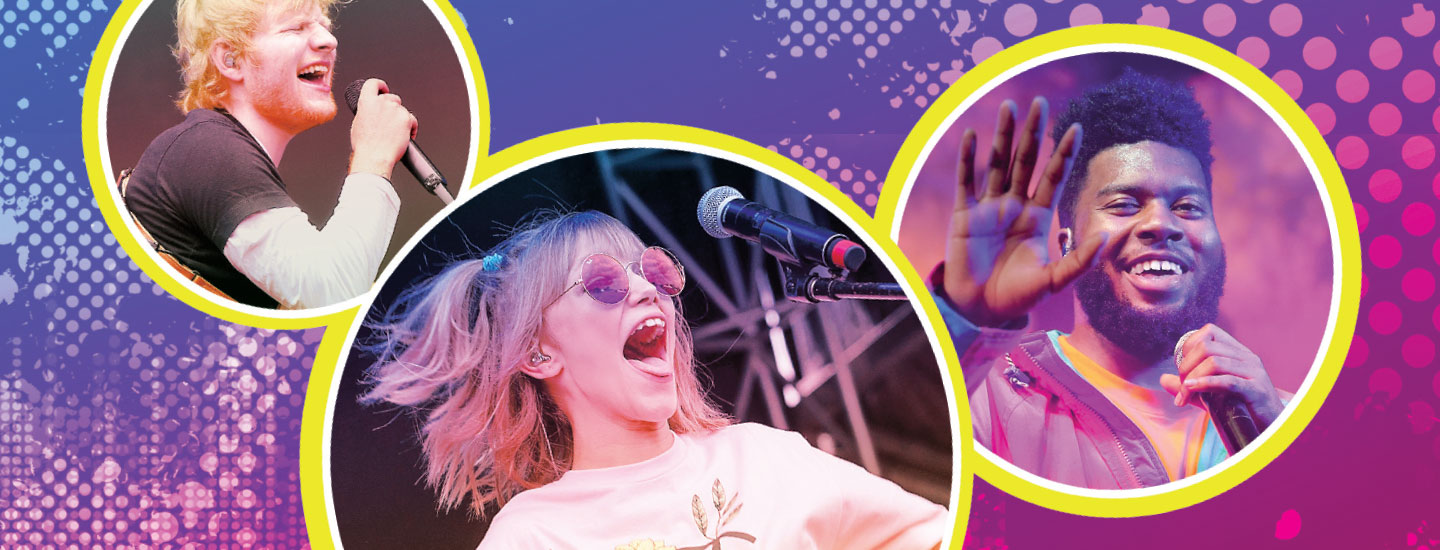How do you decide what music to listen to? If you use a music-streaming service such as Pandora, you use its app to discover new tunes. Listeners can type in an artist they like—say, BTS or Taylor Swift. Then Pandora uses the information to create custom playlists. Each is filled with similar-sounding songs by different artists.
Oscar Celma is a computer scientist and the head of research at Pandora. He helped design the app. His team at Pandora studies data from the app’s users. The team uses the information to predict listeners’ musical preferences and recommend new music.
How do you decide what music to listen to? If you use Pandora, you use its app to discover new tunes. Pandora is a music-streaming service. Listeners can type in an artist they like. Then Pandora creates custom playlists. Each is filled with similar-sounding songs by different artists.
Oscar Celma is a computer scientist. He's the head of research at Pandora. He helped design the app. His team at Pandora studies data from the app’s users. They use the information to recommend new music.

